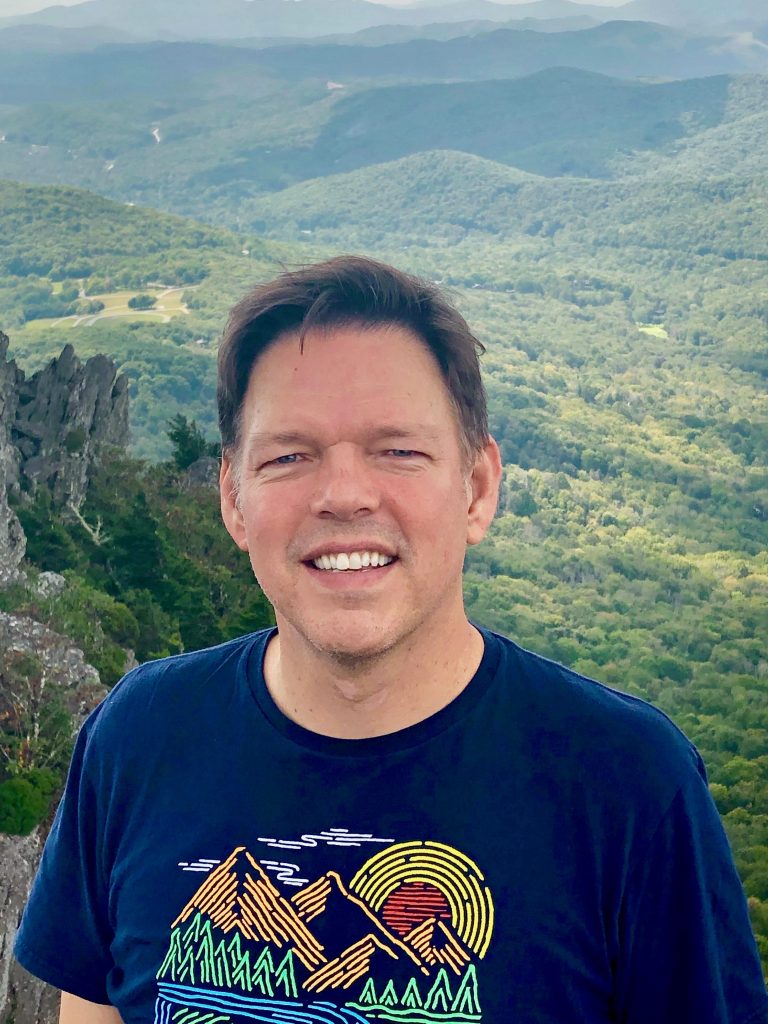By Greg Olgers, Hope College
The promise and peril of economic development of the world’s oceans will be the focus of an address by Daniel Vermeer, a 1988 Hope College graduate who is the founding director of Duke University’s Center for Energy, Development and the Global Environment.
Vermeer will speak on “Ocean Futures: Making the Blue Economy Green” at 3:30 p.m. Thursday, Feb. 13, as part of the college’s annual John Shaughnessy Psychology Lecture Series. The public is invited, and admission is free to the event in the Schaap Auditorium in the Jim and Martie Bultman Student Center.
Vermeer will evaluate the potential of creating a “blue economy” that successfully balances economic, social and environmental priorities. The tension between exploitation and protection is raising urgent questions about how to sustainably use the ocean.
Traditional ocean industries such as fishing, shipping, energy development, and tourism are expanding, the presentation’s abstract notes, and new business opportunities are also emerging in aquaculture, biotech, marine mining, offshore wind and other areas. At the same time, ocean health is rapidly declining from over-exploitation, climate change and other factors.
Since graduating from Hope with a psychology major, Vermeer has worked on some of the world’s “grand challenges” — poverty, water, climate change and ocean sustainability — through diverse roles in academia and business. Trained as an anthropologist, he spent his 20s working with indigenous people in the Himalayas of Nepal and India.
His first-hand experience seeing the impacts of the global economy and ecosystems led him to work with companies to develop more sustainable business practices. For example, he led Coca-Cola’s water sustainability initiative, where he initiated public-private partnerships on water access, watershed protection and agriculture in more than 90 countries.
The Center for Energy, Development and the Global Environment, or EDGE, was founded in 2010 and is part of Duke University’s Fuqua School of Business. It is an initiative that harnesses the power of business to meet the global demand for energy, resources and improved quality of life.
In addition to his leadership role with EDGE, Vermeer, who holds his Ph.D. in learning sciences from Northwestern University, is an associate professor of the practice of energy and environment at Fuqua School of Business and Nicholas School of the Environment, where he teaches sustainability, energy and international business courses.
The lecture series through which Vermeer will be speaking is named in memory of John Shaughnessy, a professor emeritus of psychology who died on Dec. 16, 2015. He had taught at Hope for 40 years, from 1975 until retiring at the end of the 2014-15 school year, and was highly regarded for both his teaching and his commitment to engaging students in collaborative research.
The annual lecture series features psychology alumni who, in addition to giving a presentation, interact with students, demonstrating ways in which their Hope psychology education informs and shapes their work.
Greg Olgers is director of news media services for Hope College.
If You Go
What: “Ocean Futures: Making the Blue Economy Green”
When: 3:30 p.m., Thursday, Feb. 13
Where: Schaap Auditorium, Hope College, 115 E. 12th St.
Who: Public invited, no admission charge
This Week’s Sustainability Framework Theme
Environmental Awareness/Action: Environmental education and integrating environmental practices into our planning will change negative outcomes of the past and improve our future.
ABOUT THIS SERIES
Living Sustainably is a collection of community voices sharing updates about local sustainability initiatives. It is presented by the Holland-Hope College Sustainability Institute, a joint project of Hope College, the City of Holland and Holland Board of Public Works. Go to www.hope.edu/sustainability-institute for more information.


